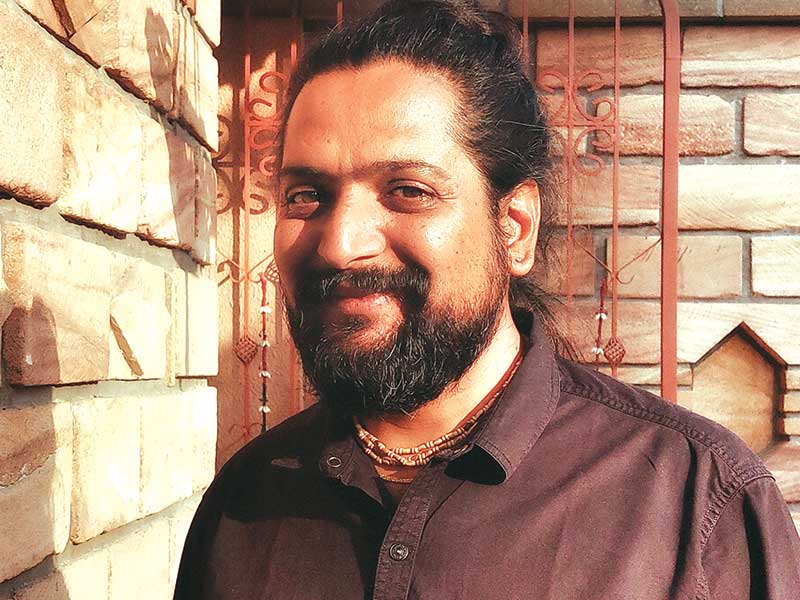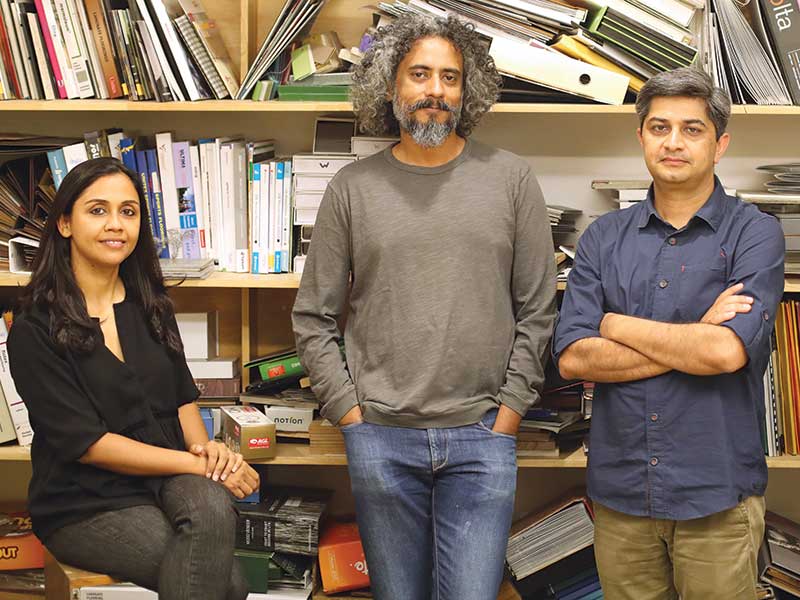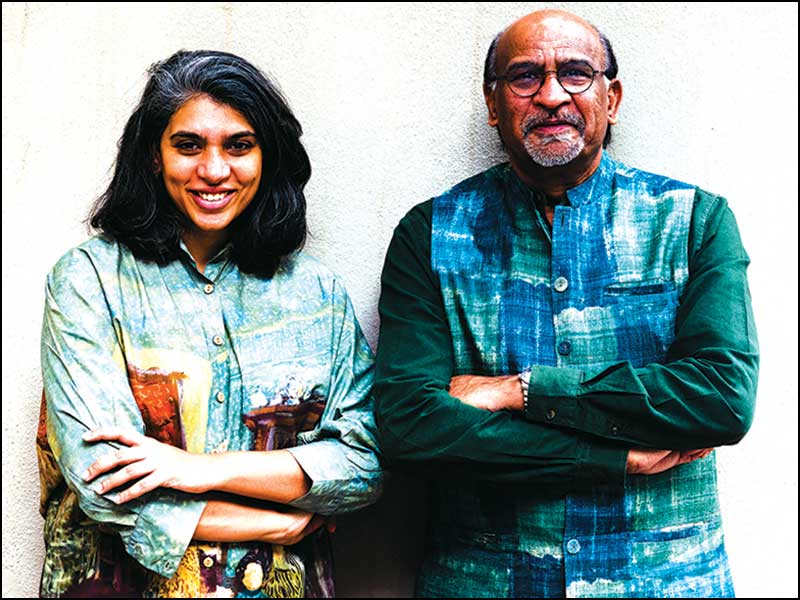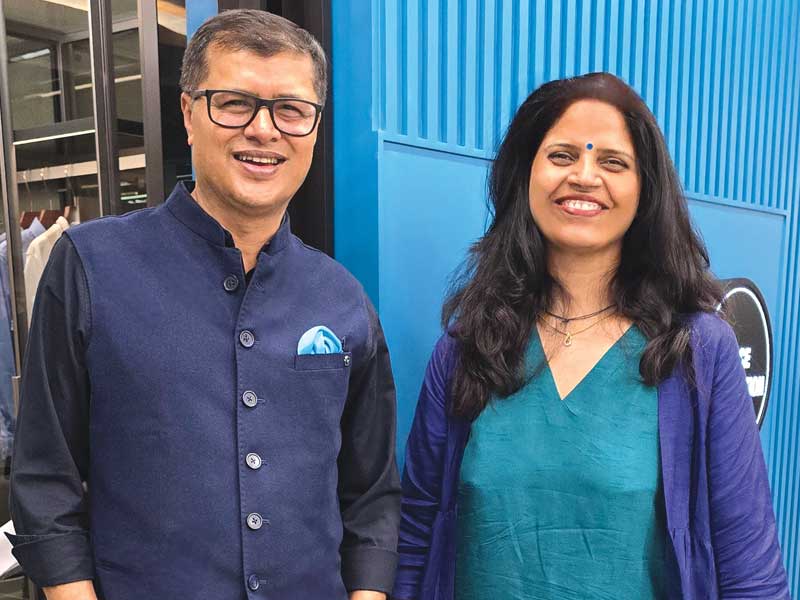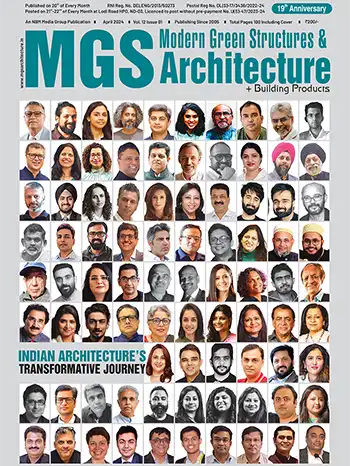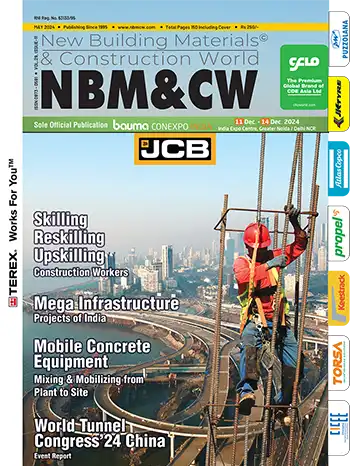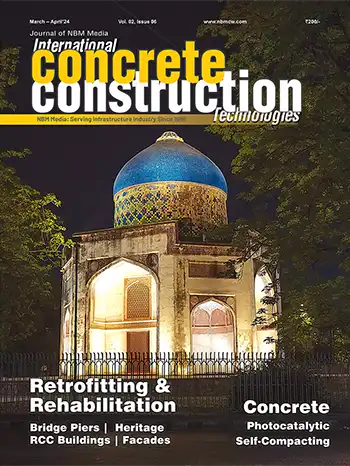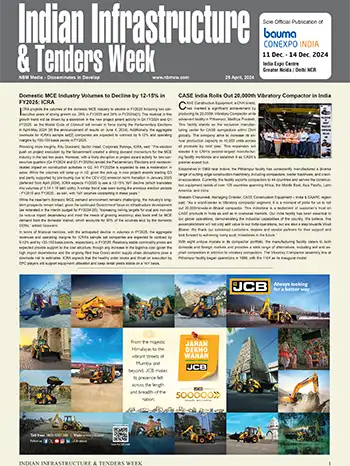
The architecture profession in India is evolving in response to global trends and technological advancements, while adapting to the needs of a modernizing society. Urbanization presents challenges, but architects are designing innovative solutions for urban spaces, including mixed-use developments and sustainable infrastructure.
Cultural sensitivity is paramount, with architects blending traditional elements into contemporary designs. Community engagement ensures that projects meet the needs of local residents, promoting social equity and inclusivity.
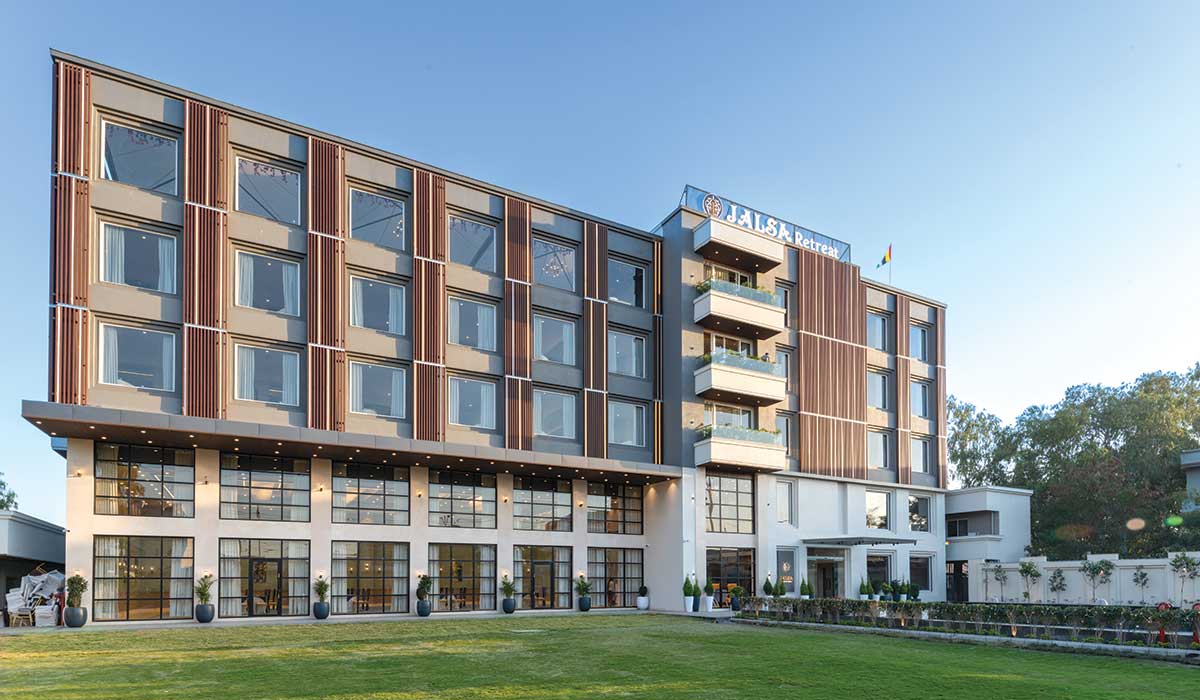
Sustainability is a key focus, with architects incorporating green building practices and renewable materials and energy solutions to minimize environmental impact. Overall, this interface drives innovation and efficiency in the construction industry.
Collaboration with international firms fosters knowledge exchange, while community engagement ensures designs are responsive to local needs. New opportunities, adaptability, and innovations are reshaping the architecture profession.
Architects are integrating advanced technologies like BIM, VR, and parametric design software to streamline processes and improve collaboration. Advanced tools like AI and augmented reality will revolutionize the design process, enhancing creativity and collaboration.
Modular construction techniques offer faster and more cost-effective building solutions. Adaptive reuse of existing structures promotes conservation and sustainable development. Smart building systems optimize energy usage and enhance occupant comfort. The integration of building materials, technology, engineering, and architecture is enhancing construction quality, speed, and sustainability. Advanced materials and digital tools ensure higher quality and precision in construction processes. Prefabrication and digital workflows accelerate project timelines.
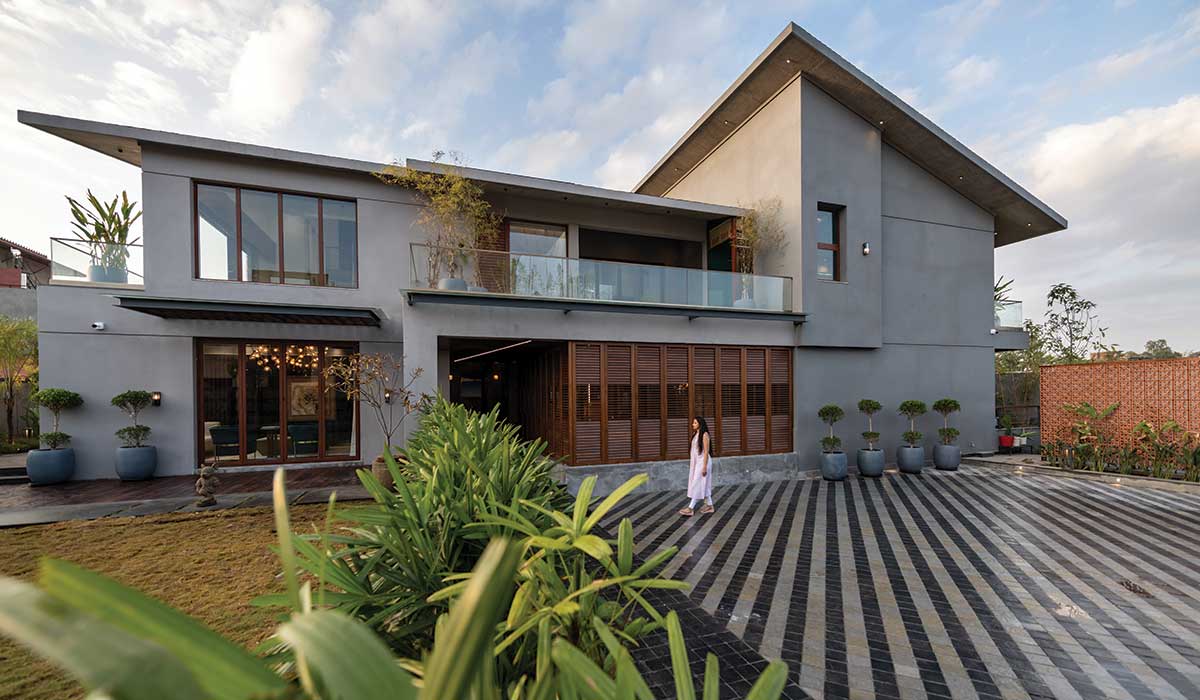
Resilient design addresses the impacts of climate change and natural disasters through flood-resistant construction and resilient infrastructure. Biophilic design principles reconnect people with nature by integrating natural elements into the built environment to promote health and well-being.
In the future, architecture will prioritize sustainability, technology integration, and adaptability. Buildings will be designed with a focus on energy efficiency, green technologies, and flexible layouts to meet evolving needs. Indian architects are embracing innovation, sustainability, cultural sensitivity, and community engagement to create meaningful and functional built environments for a rapidly modernizing society.


